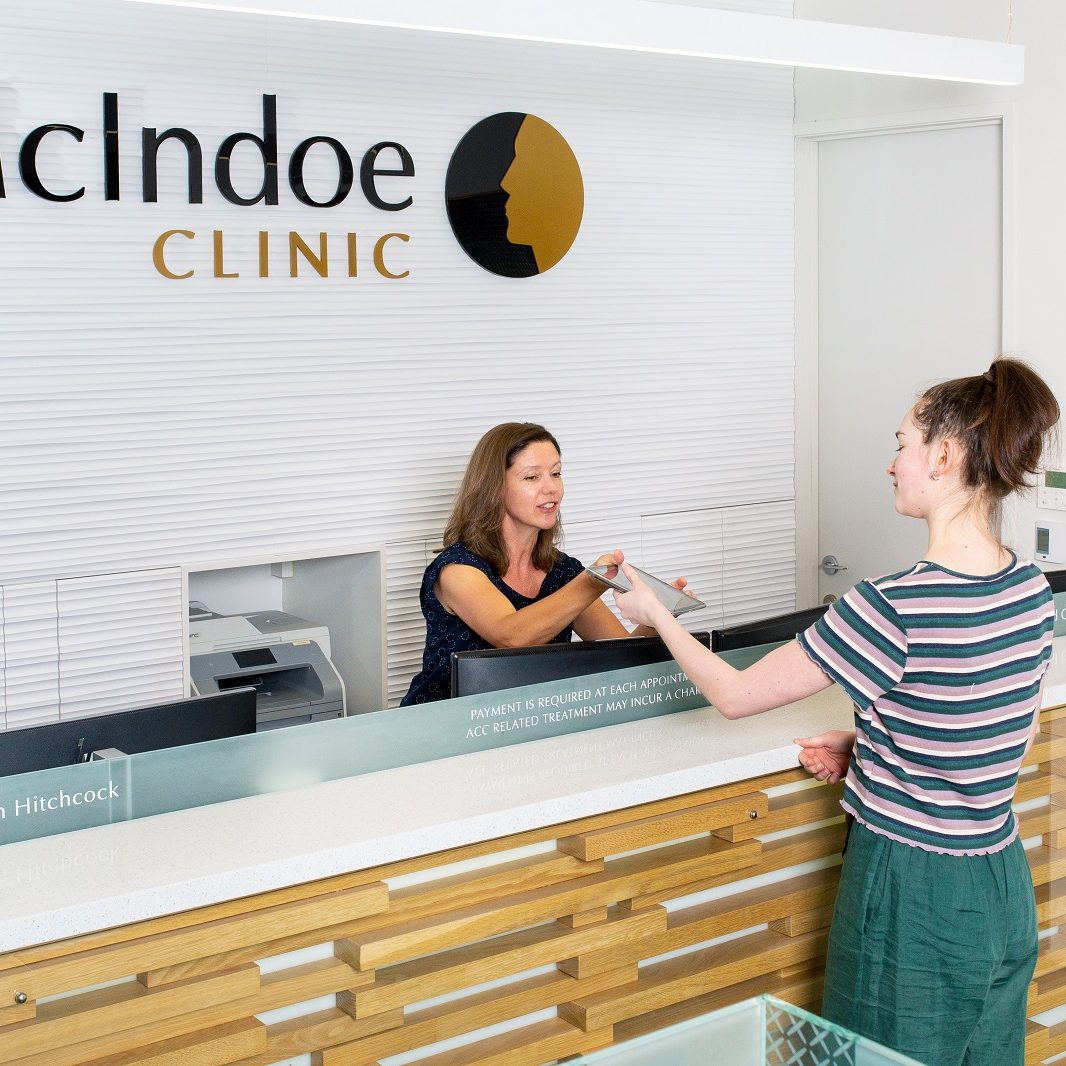FAQs
You can usually start to eat and drink as soon as you wish after surgery. Is is best to have easy to eat foods that are not to hot or cold. Drink plenty but avoid alcohol. Undertake mouthwashes as directed.
Immediately after surgery the surgical site will be pain free and numb from local anaesthetic. This will wear off after several hours and then some pain, stiffness and swelling is expected. This can be managed by the prescribed medications. If you have a problem you can contact our office for assistance.
Bleeding is possible after any surgery, but generally after Oral Surgery significant post operative bleeding is very rare as sutures are generally placed to avoid this. It is common to experience some minor intermittent bleeding and or blood stained saliva for up to 24 hours and in the unlikely event of concern you should contact our office promptly for assistance.
No. The majority of modern sutures used for Oral surgery will completely dissolve without the need for removal.
Where possible, we prefer to see our patients for review approximately one week after surgery to check healing. This is not essential and we treat many patients from considerable distances out of town and we will sometimes ask these patients to return for review only if they have any concerns about their healing.
No, as a general rule keep taking your usual medications. Your surgeon will advise you if any are required to be stopped. Some anti-coagulant and anti-diabetic medications are stopped or reduced prior to surgery.
Yes. The majority of our patients are treated with intravenous sedation, which is adjusted to suit their needs and preference to be unaware of their surgery.
What about antibiotics after the operation to stop infection?
Most patients are given a SINGLE dose of antibiotics to be taken BEFORE their operation and this has been well proven to be a most significant treatment to prevent infections. On occasions when significant infection already exists at the time of surgery or when implants are being used antibiotics are continued for several days after the surgery.
A very painful, throbbing and radiating ache with a bad taste that complicates about 3-5% of extraction socket. It usually occurs 2-3 days following an extraction. It most commonly affects lower wisdom tooth sites. If this occurs it is best to make contact with the practice to arrange for an oil of cloves based dressing to be placed in the socket.
Yes, it is appropriate to stay within normal doses and let your surgeon know what you wish to take as some homoeopathic remedies have the potential to interfere with clotting after surgery.
In order to avoid any disturbance to the wound we ask patients to avoid rinsing their mouth until the following morning after surgery when gentle tooth brushing and usual mouth cleaning can resume.
Wrapped ice packs can considerably reduce pain and swelling. They are best used in the first 2 days. We now recommend and hire out hilotherapy machines to maximise the benefit of tissue cooling.
This will vary depending on the extent of the surgery and individual recovery, but as a minimum, we would recommend the remainder of the day of the operation to be spent resting and then progressively resume normal activities over a week as you feel it is appropriate. The average patient who has impacted wisdom teeth out has 3 days off following surgery.
YES. Any form of smoking has been proven to slow healing and result in a greater risk of infections and dry socket. Smoking has also been shown to reduce the success rate of dental implants. We encourage our patients to minimize or preferably stop smoking around their surgery.
Please do not hesitate to call our office on 07 578 8847 where the answer phone will direct you to the after-hours numbers for either David Chrisp or John Bridgman. In the unlikely event you cannot contact either of the surgeons, our Tauranga Hospital emergency department doctors available on 07 579 8000 and are well trained to assist with any concerns.

DID WE ANSWER YOUR QUESTION?
If you have any questions that are not answered here, please do not hesitate to get in touch with us by phone or email.


